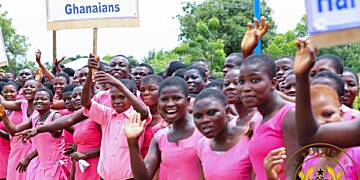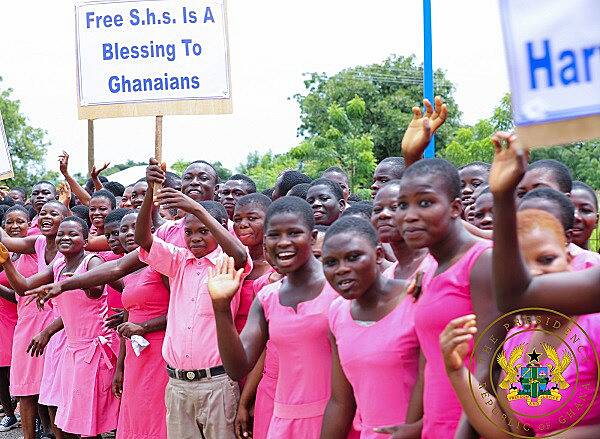The Center for Performance Tracking and Outcome Mapping (X has marked the eight-year milestone of Ghana’s Free Senior High School (FSHS) program, celebrating its significant impact while calling for urgent reforms to address its challenges.
In a statement released, CePTOM argued that since the inception of FSHS, the program has provided free secondary education to over 2.5 million Ghanaian students, with the first beneficiaries now completing tertiary education. CePTOM lauded the program’s contributions to improving literacy rates, achieving gender parity in secondary education, and advancing Sustainable Development Goals (SDGs) 4, 5, and 10.
However CePTOM lamented the program has faced challenges, including overcrowding, resource constraints, unequal access, and the lack of a legislative framework. CePTOM emphasized that addressing these issues is critical to ensuring the program’s sustainability and effectiveness.
To this end, CePTOM has called for a comprehensive national dialogue to re-examine the implementation and future of the FSHS program. The dialogue should evaluate the successes and challenges of the program while identifying sustainable funding models that could include cost-sharing mechanisms. It should also address the disparities between urban and rural schools to promote equity and focus on improving infrastructure, teacher-student ratios, and the availability of resources.
CePTOM also recommends adopting the Outcome Mapping Approach, a collaborative framework that involves all stakeholders—students, parents, teachers, policymakers, development partners, and community leaders as active partners. This strategy, the organization believes, would foster accountability, equity, and effectiveness in shaping the program’s future.
The organization called on the government, civil society, political parties, educators, and development partners to unite in safeguarding the future of Ghanaian education through sustainable reforms. CePTOM concluded that while the FSHS program has opened doors for many, it is the collective responsibility of all stakeholders to ensure that these doors lead to opportunities, empowerment, and a brighter future for every Ghanaian child.
By: Nana Antwi Boasiako



















